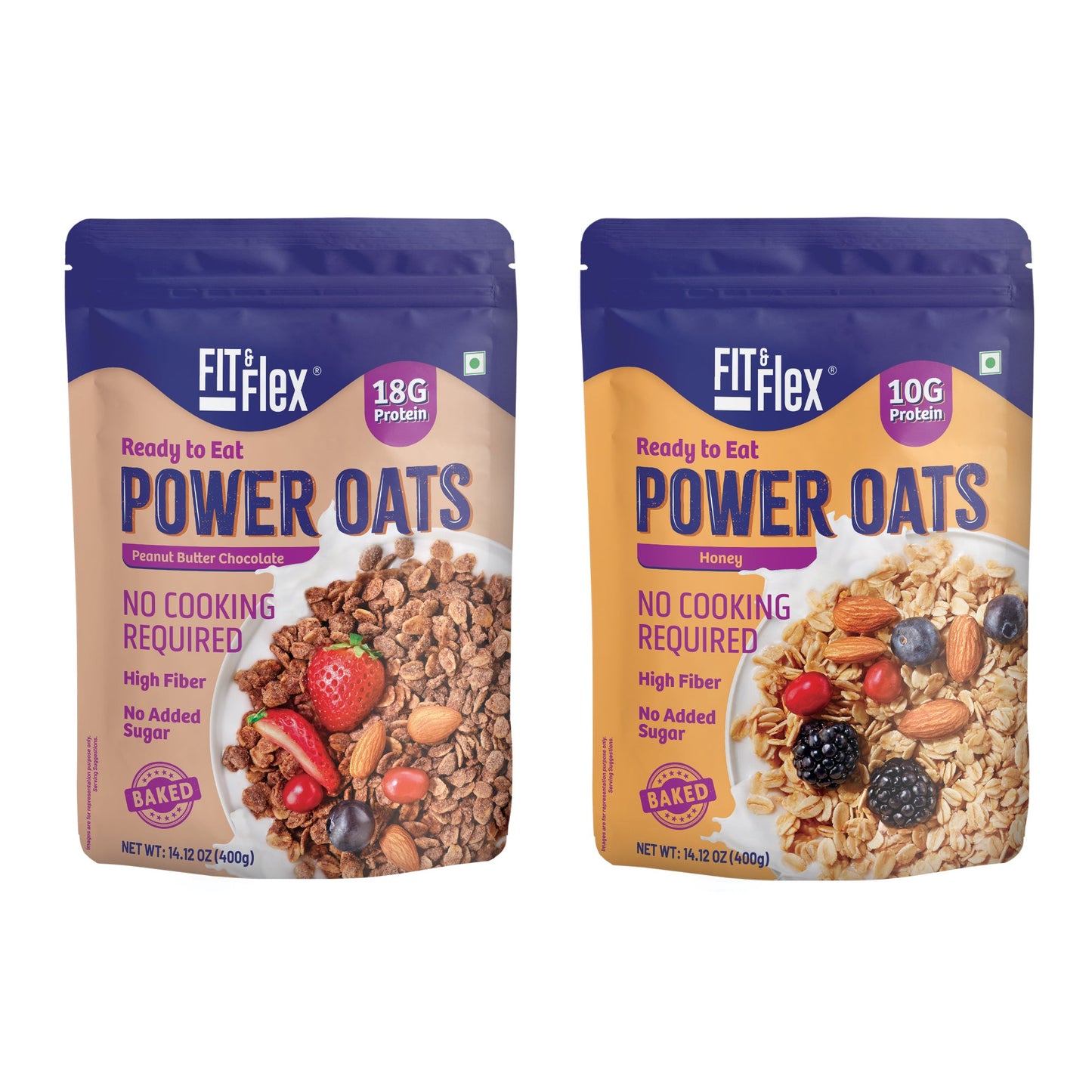3 W's of Snacking for Kids: What, When, and Why

Snacking is an important part of a child’s diet, providing essential nutrients and energy between meals. However, ensuring that snacks are healthy and beneficial requires understanding the 3 W's: What to snack on, When to snack, and Why snacking is important. Here's a guide to making the most out of snack time for your kids.
What to Snack On
Choosing the right snacks for kids is crucial for their growth and development. Here are some healthy options:
- Fruits and Vegetables: Fresh fruits like apples, bananas, and berries, and vegetables such as carrot sticks, cucumber slices, and cherry tomatoes are packed with vitamins, minerals, and fiber.
- Whole Grains: Whole grain crackers, oatmeal, and popcorn are great for providing sustained energy and fiber.
- Protein-Rich Foods: Cheese slices, yogurt, hummus, nut butter (if no allergies), and hard-boiled eggs offer protein essential for growth and development.
- Healthy Fats: Avocado slices, nuts, and seeds are good sources of healthy fats necessary for brain development.
When to Snack
Timing is everything when it comes to snacking. Here are some tips on when kids should snack:
- Mid-Morning: A healthy snack can help sustain energy levels and concentration, especially if breakfast was early.
- Afternoon: After school, a snack can provide an energy boost and prevent overeating at dinner.
- Post-Activity: After sports or physical activities, a snack can help replenish energy and aid in recovery.
Avoid allowing snacks too close to mealtimes, as this can interfere with their appetite for balanced meals. Aim for at least 1-2 hours before a meal.
Why Snacking is Important
Understanding the benefits of snacking can help in making informed choices. Here’s why snacking is essential:
- Energy and Nutrients: Snacks can fill nutritional gaps and provide energy throughout the day, especially important for active kids.
- Supports Growth: Healthy snacks contribute to the necessary intake of vitamins, minerals, and other nutrients vital for growth and development.
- Improves Concentration: Nutritious snacks can improve focus and concentration, which is particularly beneficial for school and homework.
- Regulates Appetite: Healthy snacking helps regulate appetite and prevents overeating during main meals, promoting a balanced diet.
Q1. What are the best fruits and vegetables for kids to snack on?
Ans. Fruits like apples, bananas, berries, grapes, and oranges are excellent because they are sweet, nutritious, and easy to eat. Vegetables such as carrot sticks, cucumber slices, cherry tomatoes, and bell pepper strips provide essential vitamins, minerals, and fiber, making them great for snacking.
Q2. Are whole grain snacks better than refined grain snacks?
Ans. Yes, whole grain snacks like whole grain crackers, oatmeal, and popcorn are better because they contain more fiber, vitamins, and minerals compared to refined grains. These nutrients help maintain energy levels and support overall health.
Q3. What are some good protein-rich snacks for kids?
Ans. Protein-rich snacks include cheese slices, yogurt, hummus, nut butter (if there are no allergies), hard-boiled eggs, turkey slices, and beans. These snacks support muscle growth and repair, and help keep kids full longer.
Q4. Why are healthy fats important in snacks?
Ans. Healthy fats, such as those found in avocado slices, nuts, seeds, and olive oil, are crucial for brain development and overall health. They also help children feel full and satisfied between meals.
Q5. When is the best time for kids to have snacks?
Ans. Ideal times for snacks are mid-morning, afternoon, and post-activity. Snacks too close to meal times can interfere with appetite for main meals, so aim for at least 1-2 hours before a meal to ensure they are hungry for balanced meals.
Q6. How can I ensure my child is not snacking too close to meal times?
Ans. Establish a consistent snack schedule and set specific times for snacks. This helps manage hunger levels and ensures that snacks do not interfere with main meals.
Q7. What are the benefits of snacking for kids?
Ans. Snacking provides essential energy, fills nutritional gaps, supports growth, improves concentration, and helps regulate appetite. Healthy snacks contribute to a balanced diet and overall well-being, keeping children energized and focused.
Q8. How can healthy snacks improve concentration?
Ans. Nutritious snacks maintain steady blood sugar levels, providing sustained energy and focus. This is particularly beneficial for cognitive activities such as schoolwork and studying.
Q9. Can snacking prevent overeating during main meals?
Ans. Yes, healthy snacking helps manage hunger, preventing children from becoming overly hungry and overeating at main meals. This promotes better portion control and a more balanced diet.
Q10. What are some easy and fun snack ideas for kids?
Ans. Some fun snack ideas include:
- Fruit kabobs with a variety of colorful fruits.
- Veggie sticks with hummus or yogurt dip.
- Whole grain crackers with cheese or nut butter.
- Mini sandwiches made with whole grain bread and lean proteins.
- Yogurt parfaits with granola and fresh fruit.
- Smoothies made with fruits, vegetables, and yogurt.
Q11. How can I encourage my child to choose healthy snacks?
Ans. Involve your child in snack preparation, offer a variety of healthy options, and set a good example by choosing healthy snacks yourself. Making snacks fun and visually appealing can also encourage kids to try and enjoy healthier options.
Q12. What should I do if my child is a picky eater?
Ans. Introduce new snacks gradually and pair them with familiar favorites. Be patient and persistent, offering new foods multiple times in a non-pressuring way. Engage your child in the selection and preparation process to increase their interest and willingness to try new snacks.
Conclusion
The 3 W's of snacking for kids—What, When, and Why—are essential for fostering healthy eating habits. By choosing nutritious options, timing snacks appropriately, and understanding their benefits, you can ensure that snack time contributes positively to your child’s overall diet and development. Encouraging mindful snacking not only supports their growth and health but also instills good eating habits that can last a lifetime. So, keep these guidelines in mind and make snack time both fun and nutritious for your kids.




